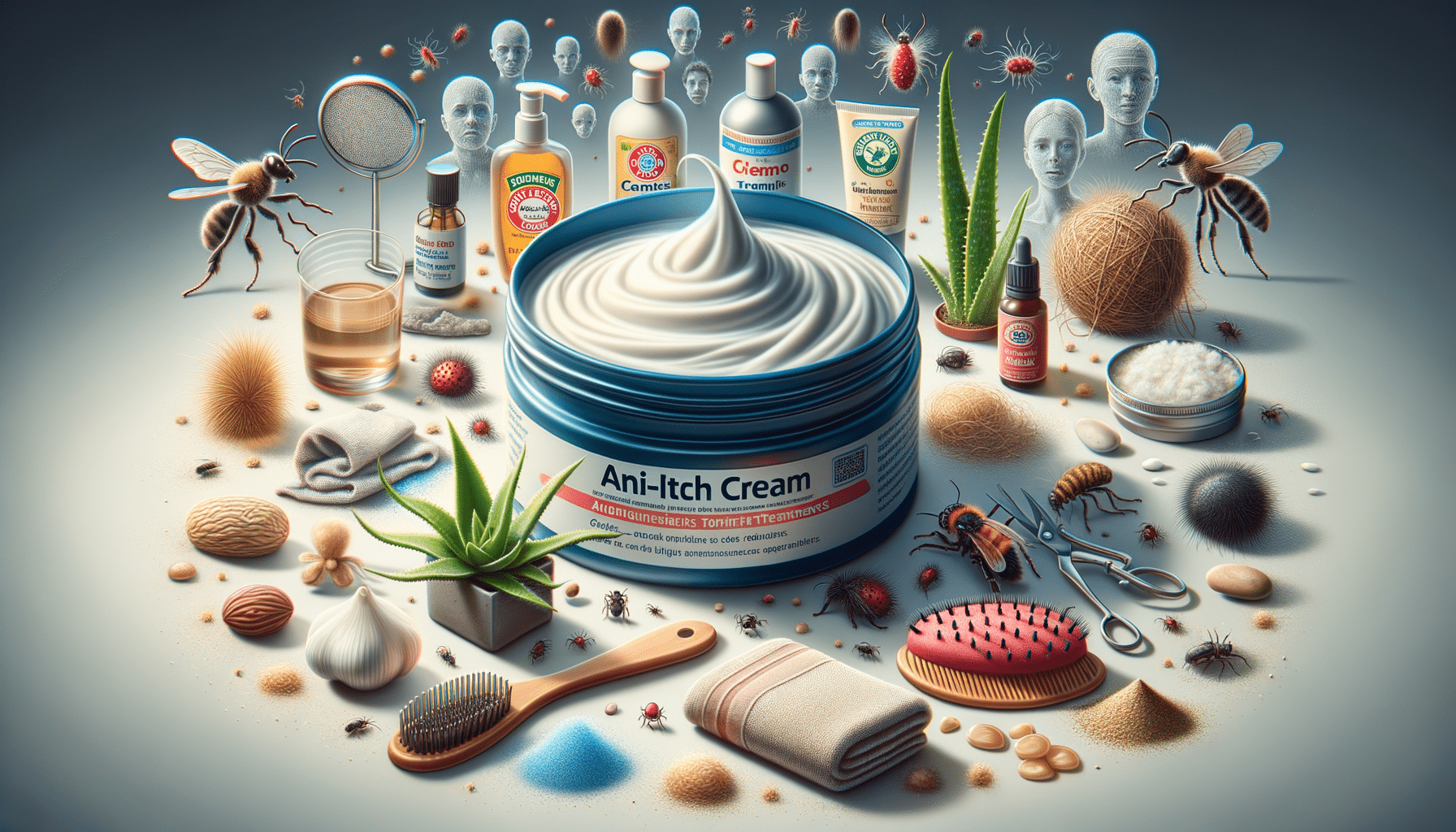
Understanding Itchy Skin and Common Treatment Approaches
Causes of Skin Itching
Itchy skin, medically known as pruritus, can be a source of significant discomfort. Understanding the underlying causes is crucial for effective treatment. The reasons for itchiness can range from environmental factors to more complex medical conditions.
One of the most common causes of itchy skin is dryness, especially prevalent during winter months when indoor heating reduces humidity levels. This often leads to the skin losing its natural oils, causing a sensation of tightness and itching. Allergies are another frequent cause, with irritants such as pollen, dust, or certain fabrics triggering the body’s histamine response, leading to itchiness.
Skin conditions such as eczema, psoriasis, and dermatitis are also notable contributors. These conditions often cause chronic itching and can significantly affect the quality of life. Furthermore, systemic conditions like liver disease, kidney failure, and thyroid issues can manifest as itchy skin, making it essential to consider these possibilities when diagnosing the cause.
Insect bites, such as those from mosquitoes or bedbugs, can also result in localized itching. Additionally, certain medications have side effects that include skin itching, necessitating a review of current prescriptions if unexplained itching occurs.
To summarize, identifying the cause of itchy skin is the first step towards finding an effective treatment. Consulting a healthcare professional can help diagnose underlying conditions and recommend appropriate interventions.
Anti Itch Creams and Treatments
Anti itch creams are a popular choice for immediate relief from itchy skin. These topical treatments often contain ingredients like hydrocortisone, which helps reduce inflammation and soothe irritation. Hydrocortisone creams are particularly effective for allergic reactions and localized rashes.
Calamine lotion is another widely used remedy, known for its cooling effect that alleviates itching from insect bites and mild skin irritations. Menthol and camphor-based creams also provide a cooling sensation, distracting the nerves from the itch.
For those with sensitive skin, hypoallergenic creams with natural ingredients such as aloe vera or oatmeal may offer relief without causing further irritation. It’s important to choose products that are free from fragrances and dyes to avoid exacerbating the itch.
Prescription treatments are available for more severe cases of itching. These may include stronger corticosteroid creams or immunomodulators, which modify the immune response to reduce inflammation. Phototherapy, which involves exposing the skin to ultraviolet light under medical supervision, is another option for chronic cases.
When selecting an anti itch cream, it’s essential to consider the specific cause of the itching. Consulting a dermatologist can provide guidance on the most suitable treatment options based on individual skin needs.
Home Remedies for Itching
For those seeking natural and cost-effective solutions, home remedies can be an excellent way to alleviate itchy skin. Many of these remedies utilize common household items, making them accessible and easy to implement.
One effective home remedy is an oatmeal bath. Colloidal oatmeal, which is finely ground, can be added to bathwater to soothe the skin. Its anti-inflammatory properties help reduce itchiness and irritation. Similarly, baking soda baths can provide relief by balancing the skin’s pH levels.
Coconut oil is another versatile remedy, known for its moisturizing properties. Applying coconut oil to dry, itchy areas can help lock in moisture and prevent further irritation. It’s particularly beneficial for those with eczema or psoriasis.
Aloe vera, a plant with well-documented healing properties, can be applied directly to the skin to reduce itching and promote healing. Its cooling effect provides immediate relief and is suitable for sunburns and minor skin irritations.
Lastly, keeping the skin hydrated is crucial. Drinking plenty of water and using a humidifier in dry environments can help maintain the skin’s moisture balance, reducing the likelihood of itchiness.
While home remedies can be effective, it’s important to note that persistent or severe itching should be evaluated by a healthcare professional to rule out underlying conditions.


